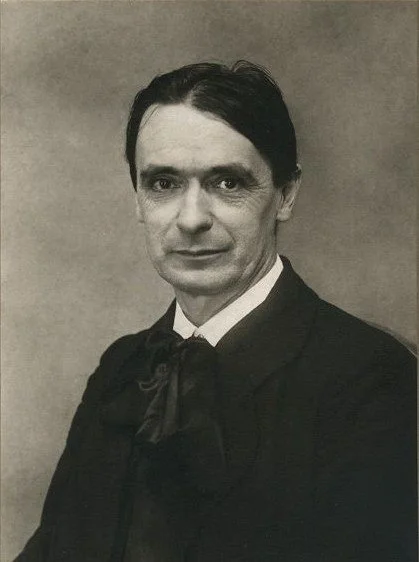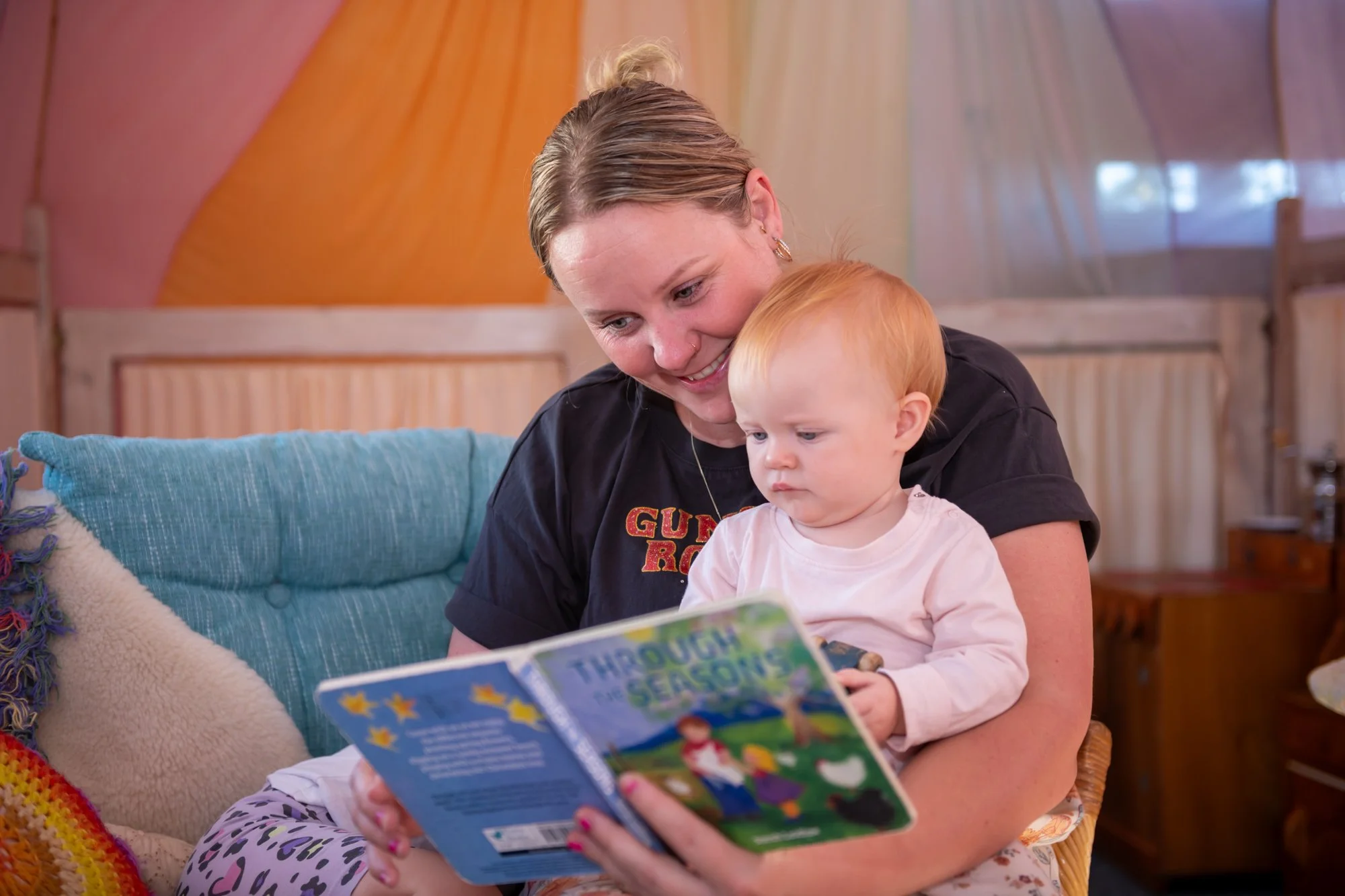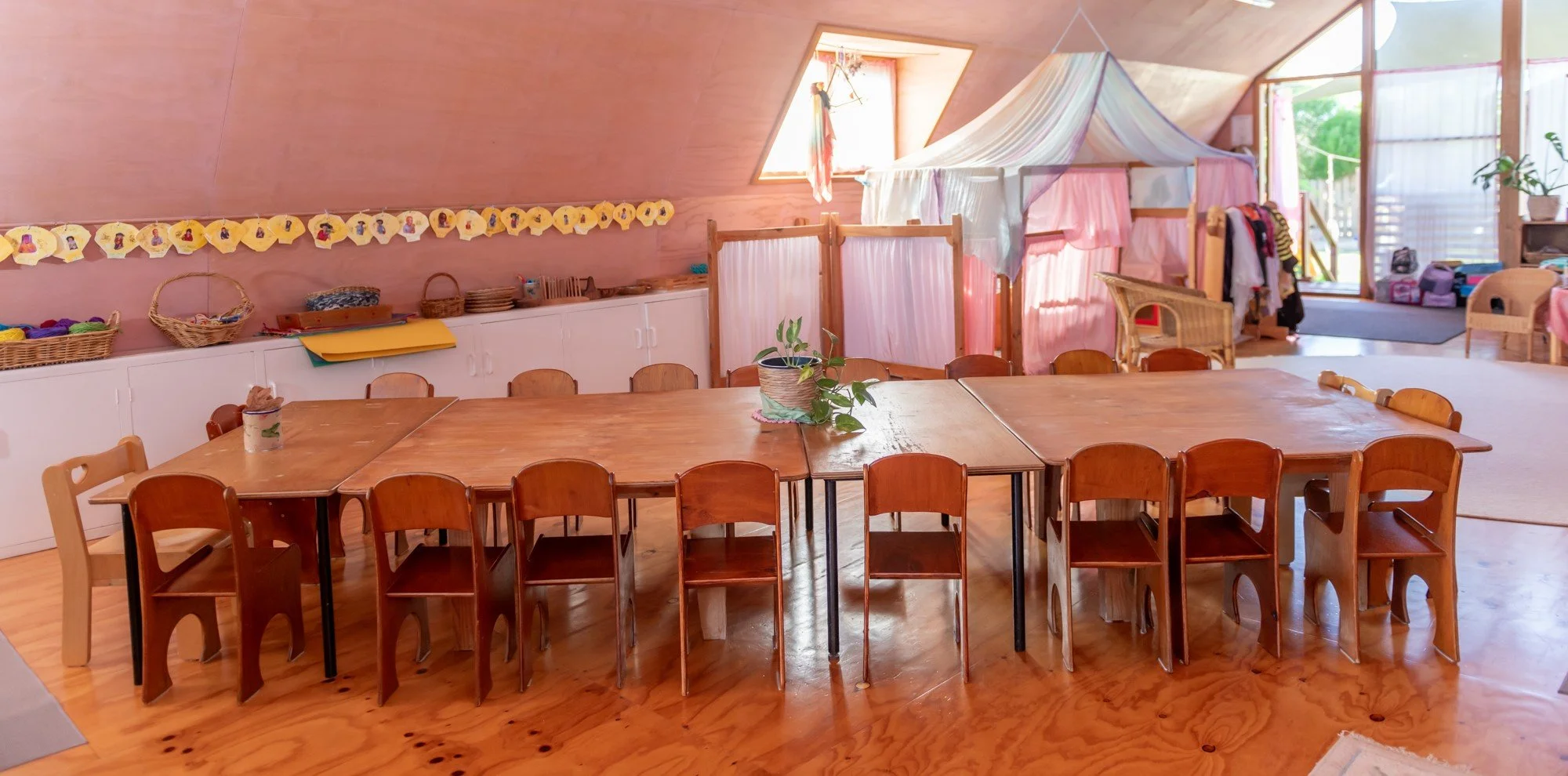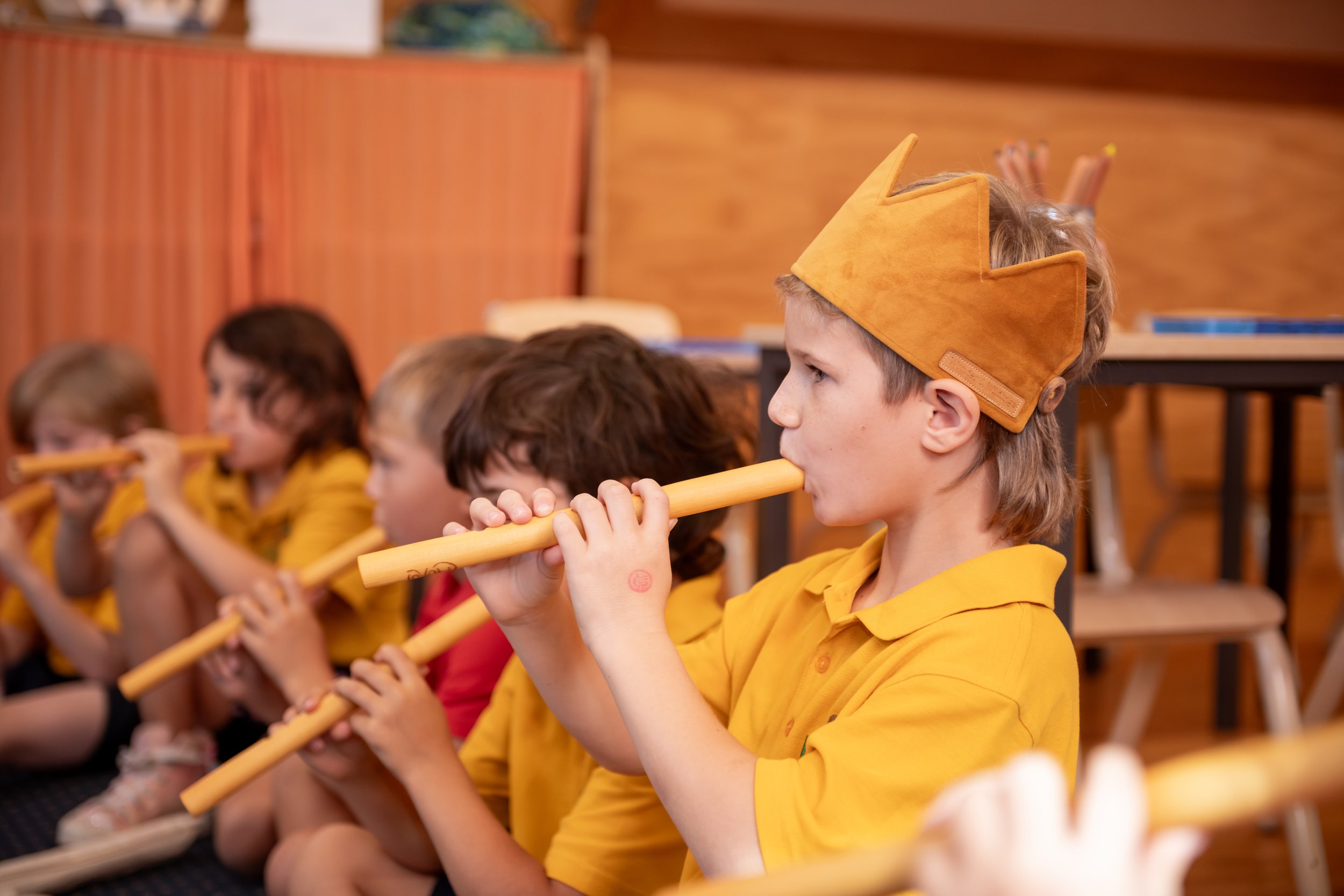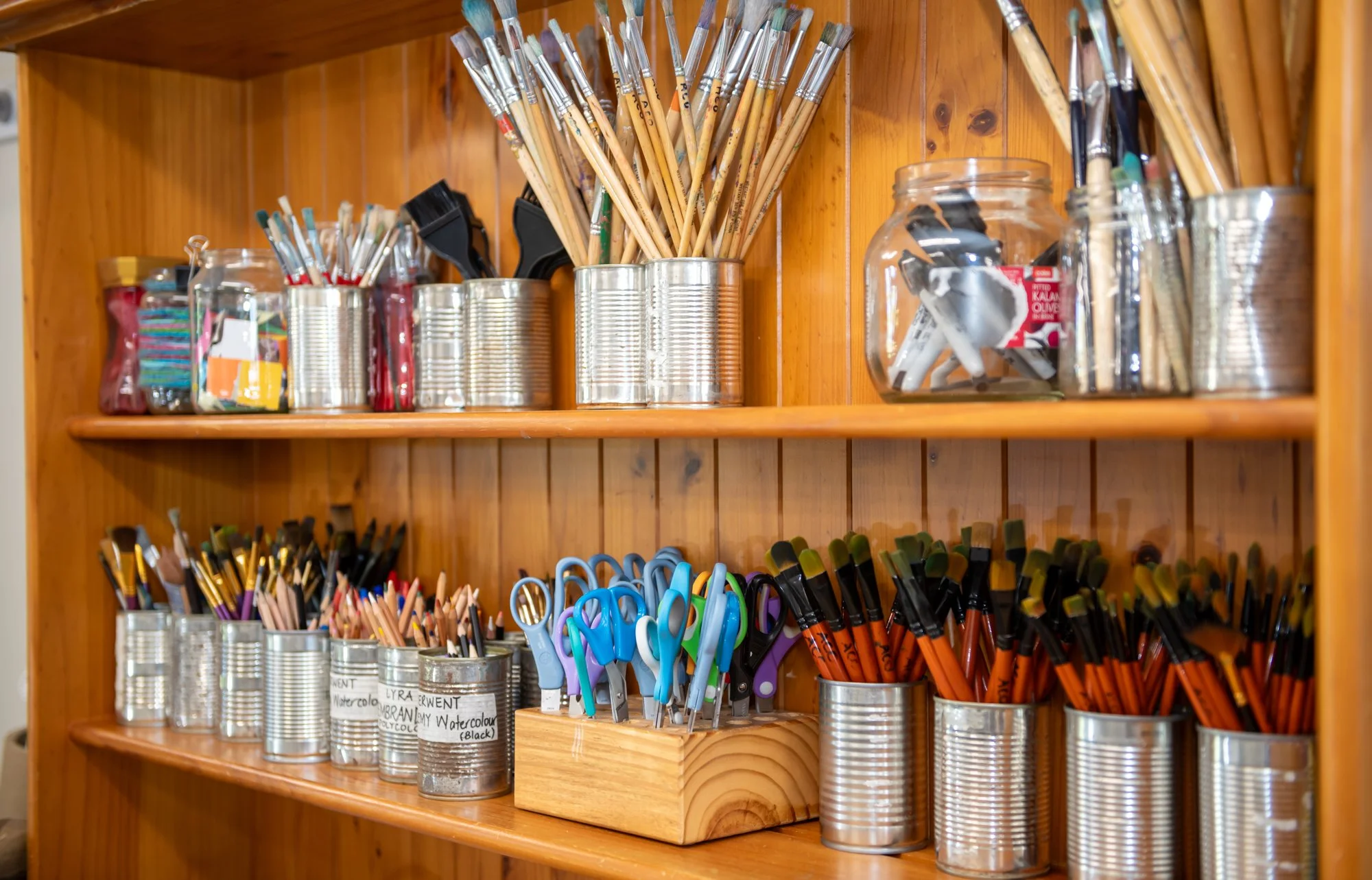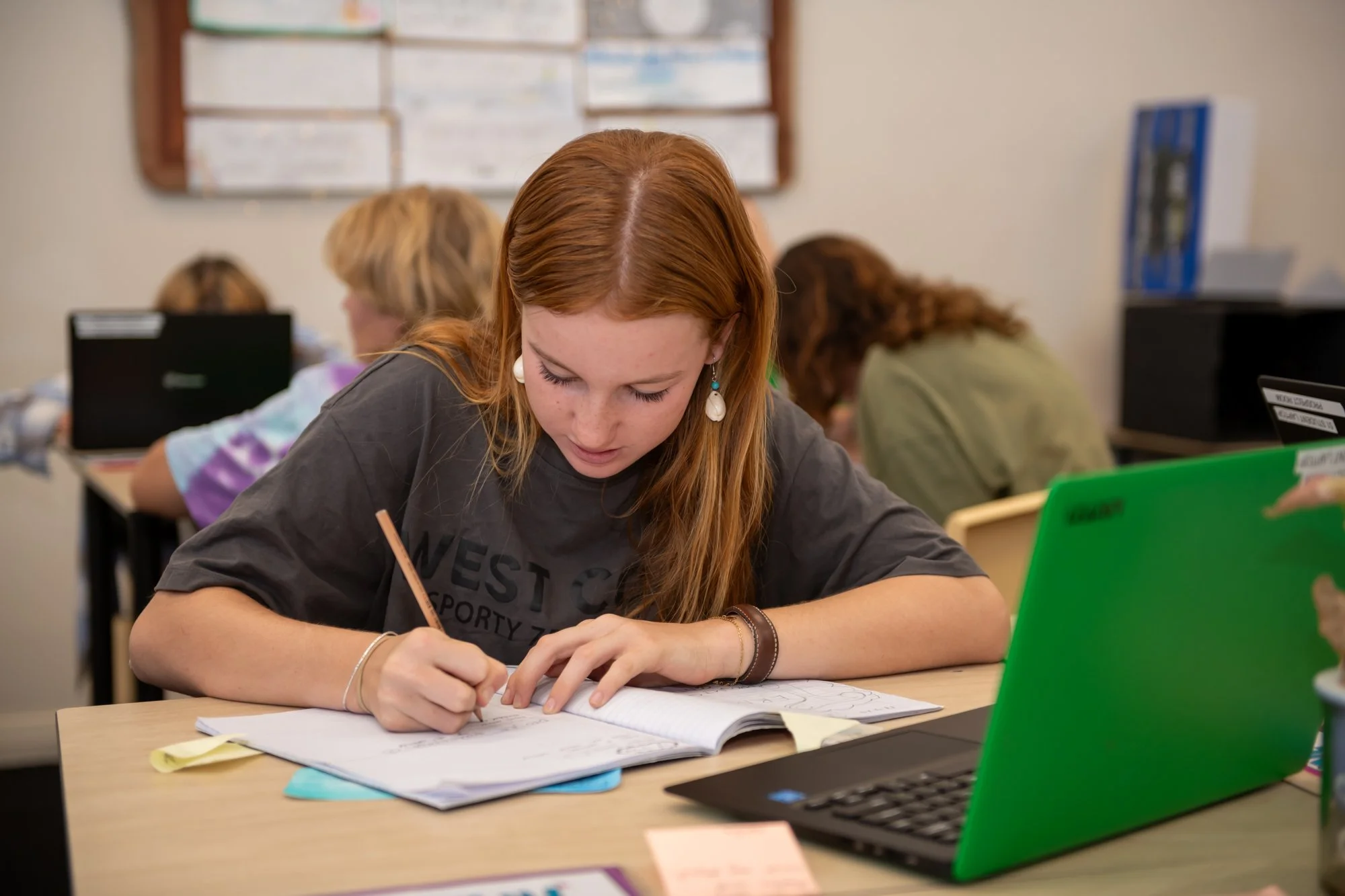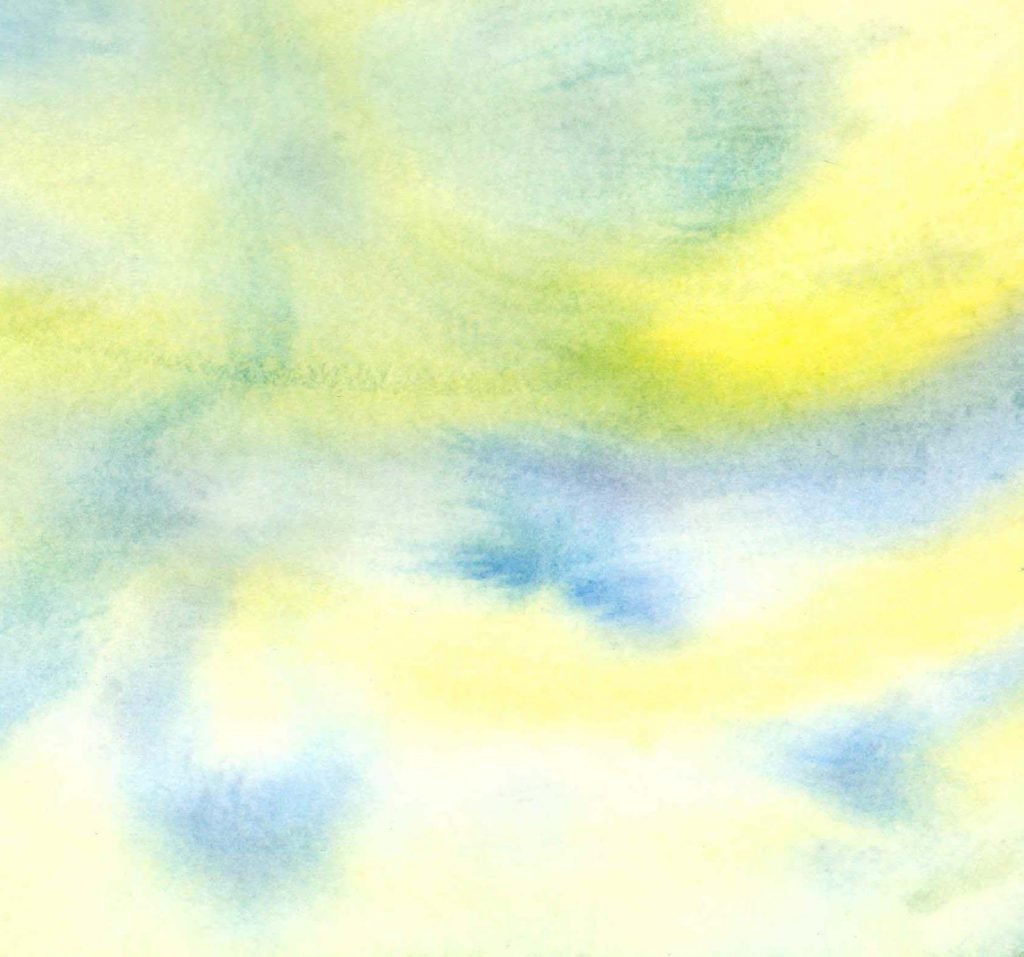
Philosophy
Consistent with Rudolf Steiner’s philosophy named anthroposophy (translatable as the “wisdom of humanity”), Rudolf Steiner designed a form of schooling that nurtures children’s imaginations and is responsive to what he identified as the developmental phases in childhood. Steiner believed that schools should cater to the needs of children rather than to the demands of the government or economic forces, so he developed a style of education that encourages creativity, practicality, and free thinking.
“Receive children in reverence, educate them in love, and let them go forth in freedom”

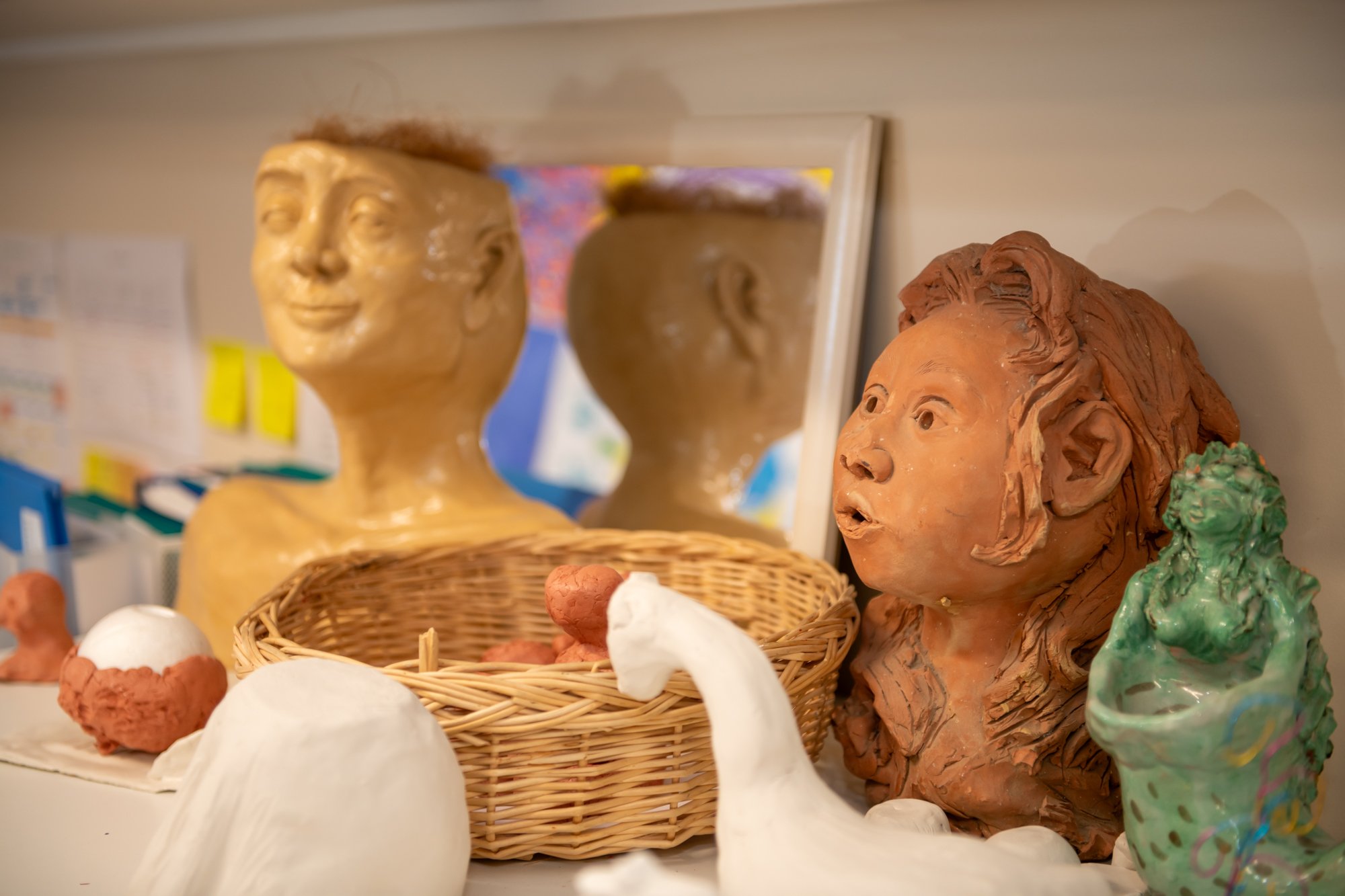
Specialist Subjects
Digital and Design Technologies
Cooking
Textiles
Handcraft
Woodwork
Metalwork
The Arts
Music
P.E.
Drama
LOTE (Language other than English)
Permaculture

Learning
The prime purpose of Steiner Education is to support and educate the children so that their own innate and unique qualities may be fulfilled. This is the task of each educator in our school. Steiner Education is a worldwide movement that complies with the requirements of relevant education authorities around the world. Here in Western Australia, the regulatory authorities are AISWA (Association of Independent Schools of Western Australia) and SEA (Steiner Education Australia). Each Steiner school operates in sync with its own unique contexts - locations, seasons, cultures and diversities are all considerations that weave together to contribute to an enriched learning experience.
Some distinctive features of Steiner Education include:
An emphasis on imaginative play in the early years of schooling,
The curriculum content is delivered in a pictorial and imaginative way,
Educators use narrative, creative writing, visual arts, music, drama and movement to foster their student’s inner thinking, feeling and willing life (head, heart and hands) allowing them to engage fully in academic content,
Certain activities which are considered extras at mainstream schools are vital activities in Steiner schools. These are activities such as singing, gardening, caring for animals, handcraft, and festivals to name a few,
All children learn practical skills such as knitting, sewing, crocheting and, age according, metal work/woodwork,
Students are taught the Main Lesson, which is an integrated, thematic block of work taking up the morning lesson of each day for a 3-week period. The Main Lesson allows children to study a subject in depth,
Children produce their own Main Lesson books which become their workbooks, creating them during each Main Lesson cycle. They essentially construct their own textbooks which record their experiences and what they have learned in class,
The use of electronic media by younger children is strongly discouraged. The focus in a Steiner School is on direct experience and the transmission of knowledge from one human being to another. Parents at Steiner schools may be asked to limit their children’s screen time and
There is an emphasis on beautiful surroundings at Steiner Schools which enrich the children’s experience and support their learning. Landscaped and ecologically sustainable gardens, the rich cultural and aesthetic nature of the built environment, and the natural fibres and handmade toys in the kindergarten are all a reflection of what is embedded within the education system.

